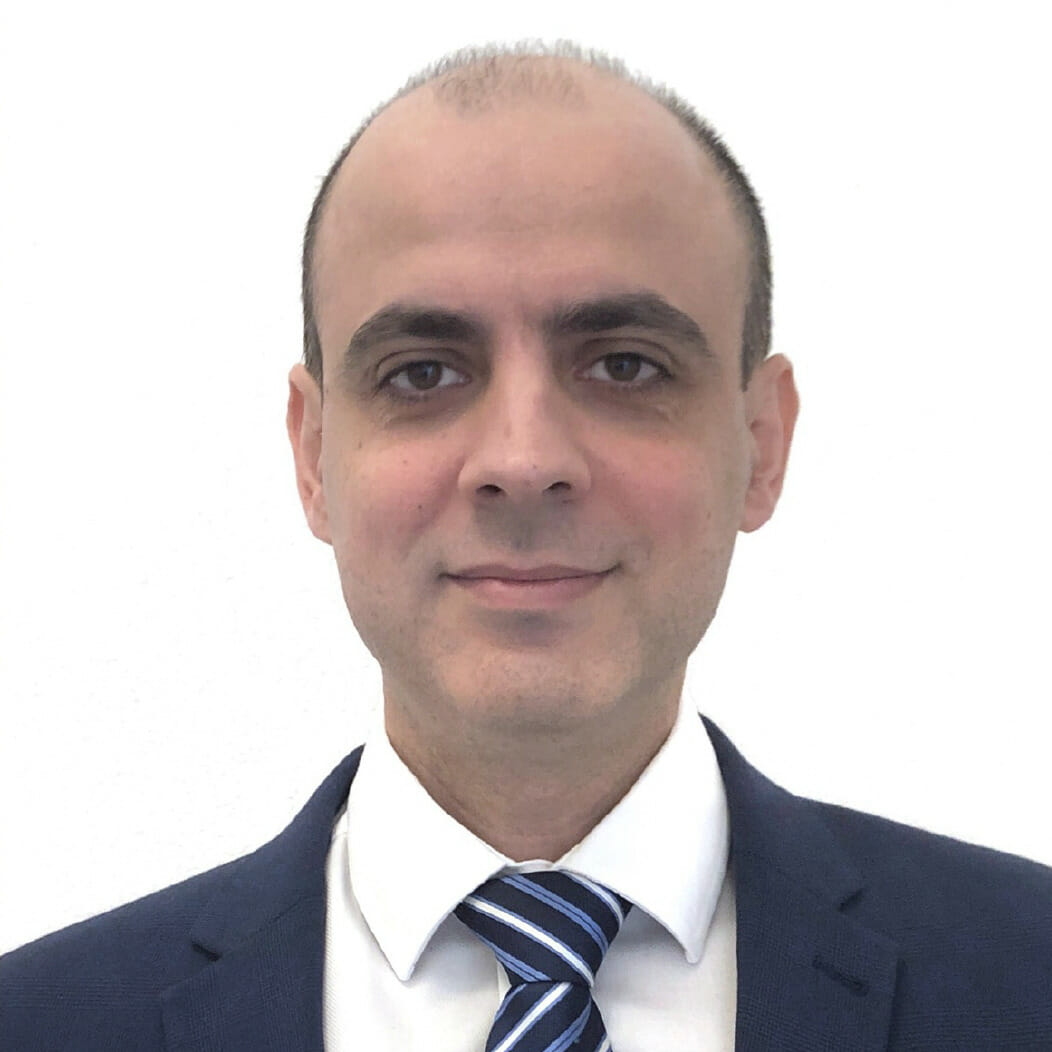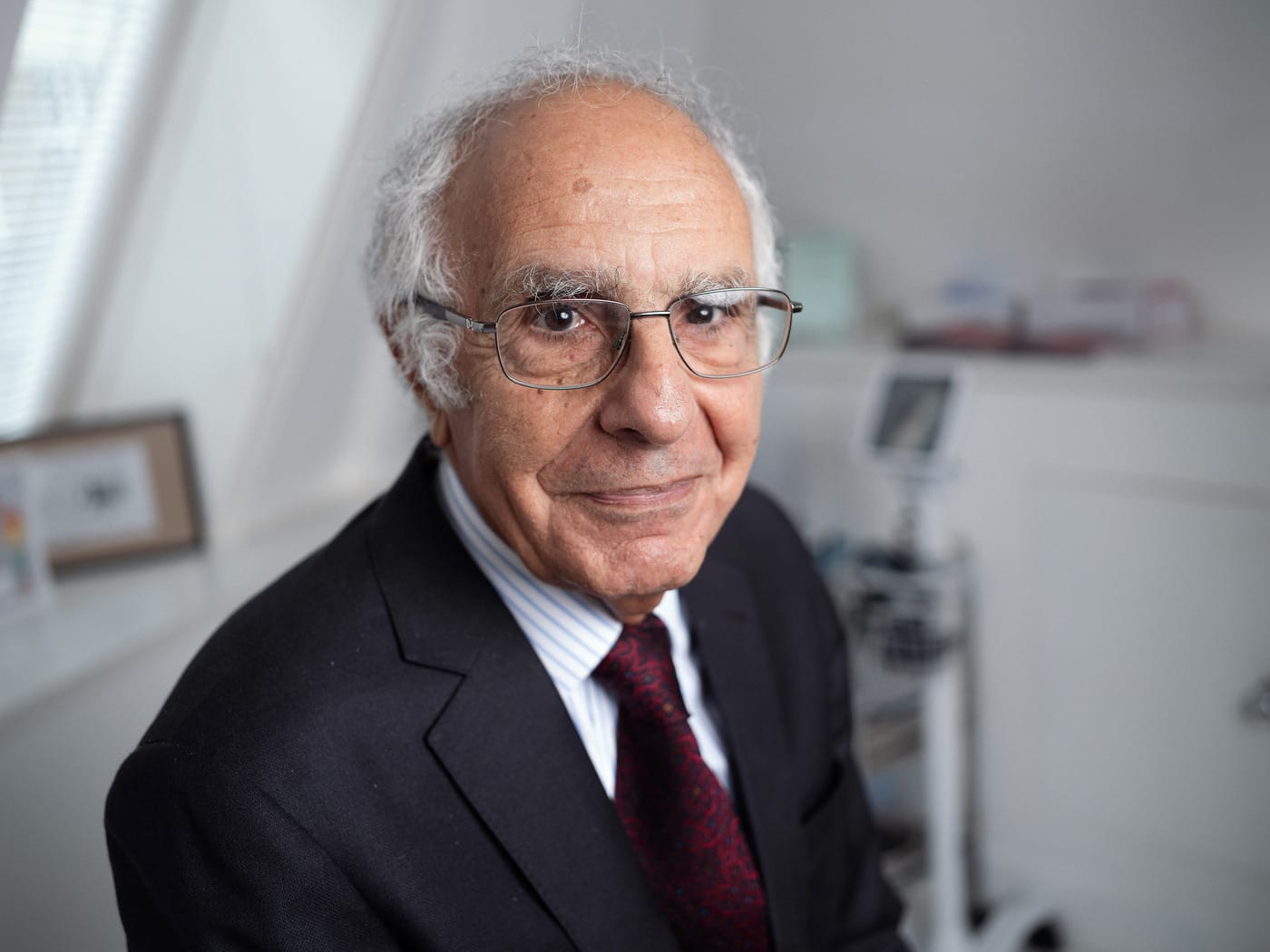London Medical Cardiology
Tachycardia
London Medical’s Cardiology Clinic provides the most up-to-date investigative cardiac procedures for patients with heart problems – and some of the UK’s most renowned cardiologists hold clinics here for all aspects of heart disease.
Tachycardia causes your heart to beat faster than it should. It can also cause irregular heart rhythms or arrhythmias. With tachycardia, your heart can beat more than 100 times per minute. Typically, tachycardia happens while you are resting and can sometimes indicate underlying health problems. There are multiple types of tachycardia and various things can cause it.
It’s vital to understand tachycardia and how it can affect your health. At London Medical, we can test and treat tachycardia, so that you can maintain optimal heart health.
What is tachycardia?
Tachycardia affects your heart rate and causes it to beat abnormally fast. Typically, your heart will beat faster than your normal resting range. In the average adult, your heart should beat between 60 and 100 beats per minute. However, with tachycardia, your heart may beat more than 100 times per minute.
When your heart beats faster than it should, it often can’t pump blood effectively either. It can lead to numerous symptoms and potential health risks if left untreated.
Types of tachycardia
The three types of tachycardia are supraventricular, sinus and ventricular tachycardia.
Supraventricular tachycardia
In supraventricular tachycardia, the electrical signals in your heart’s upper chambers become chaotic, causing your heart to beat faster. Sometimes, your heart can start beating so fast that it can’t fill up with blood before contracting and restricts blood flow to the rest of your body. Episodes can last a few seconds to hours and, in rare cases, for a few days.
With supraventricular tachycardia, your heartbeat can reach 250 beats per minute, but it usually falls between 140 and 180. You will feel heart palpitations and a faster pulse when experiencing supraventricular tachycardia. This tachycardia type can affect anyone of any age, but it usually appears when you’re a child or young adult.
In most cases, episodes of supraventricular tachycardia are harmless and will settle without treatment. However, if it impacts your daily life or worsens, you may need medical help.
Sinus tachycardia
Sinus tachycardia occurs when you exercise or experience stress and anxiety, so it’s typically a temporary and benign condition. Once the triggering factors have subsided, your heart should return to its regular resting rate. If you still experience sinus tachycardia after resting, it could signal an underlying health condition that needs testing and treatment.
Sinus tachycardia develops in your heart’s sinus nodes. This small group of cells occupies your heart’s upper right chamber and generates the electrical impulses that regulate your heartbeat.
When you have sinus tachycardia, your sinus node produces electrical signals faster than usual during exercise or stress. It can often be your body’s natural response to triggers such as exercise or stress, when it requires more oxygen.
If you have sinus tachycardia without any specific cause, it’s called inappropriate sinus tachycardia. As well as a rapid heart rate, you can experience shortness of breath, chest pain, dizziness or fainting, headaches and anxiety.
Ventricular tachycardia
Ventricular tachycardia is where irregular electrical signals occur in the lower chambers of your heart (ventricles). If your heart is beating too fast, your heart chambers can’t fill with enough blood, so the heart does not pump enough blood to the rest of the body. When this happens, you may feel lightheaded and short of breath.
Episodes of ventricular tachycardia tend to last for a few seconds and aren’t life-threatening. However, if they last longer or you struggle to breathe and experience lasting chest pain, you must call 999 immediately.
Symptoms of tachycardia
Although there are different types of tachycardia, you’ll experience some symptoms no matter your type.
Common symptoms of tachycardia include:
- Dizziness
- Shortness of breath
- Heart palpitations
- Chest pain
- Light-headedness
Sometimes, you may have a fast heart rate and no other symptoms.
Some symptoms appear in specific tachycardia types. For example, you may feel or be sick with supraventricular tachycardia. If your symptoms worsen or don’t get better, seek medical attention fast.
Causes of tachycardia
Tachycardia can have many causes — some can be underlying and potentially concerning, while others are harmless. The causes of tachycardia can be broadly split into physical and medical.
Physical causes include:
- Physical activity – during exercise or strenuous activity, your body’s demand for oxygen increases, causing your heart rate to increase
- Emotional stress – feelings of anxiety and stress can trigger the release of adrenaline and noradrenaline, which cause your heart to beat faster
- Fever – when your body fights infection and develops a fever, your heart rate increases
- Caffeine and other stimulants – drinking coffee, energy drinks or certain medications can increase your heart rate
Medical causes include:
- Heart conditions and diseases – underlying heart problems such as coronary artery disease or atrial fibrillation can cause tachycardia
- Hypertension – high blood pressure strains your heart and increases your heart rate to compensate
- Thyroid disorders – an overactive thyroid can accelerate your metabolism, increasing your heart rate
- Anaemia – a low red blood cell count reduces your body’s oxygen, so your heart must pump harder and faster to compensate
- Electrolyte imbalances – abnormal potassium, calcium or sodium levels can cause a faster heart rate
Tachycardia tests
We can perform multiple types of tests to diagnose tachycardia. Standard tests for tachycardia include:
- Coronary angiography
- Echocardiogram (ECG)
- Chest X-rays
- Cardiac magnetic resonance imaging (MRI) scans
- Computerised tomography (CT) scans
- Stress test
- Tilt table test
Each test will assess your heart’s health and look for any underlying cause of your tachycardia.
Tachycardia treatment
Treatment for tachycardia will depend on the type that you have and the cause. However, we offer various treatments at London Medical that can help ease your symptoms.
We can offer medication as tablets or directly through an intravenous line in your vein to help control tachycardia symptoms. Medications used to treat tachycardia include beta-blockers and calcium channel blockers. These medicines aim to reduce your heart rate to a normal number of beats per minute and prevent the episodes from recurring.
Cardioversion is another treatment to help manage tachycardia. This procedure involves a small electric shock administered to your heart to help restore its natural rhythm. Cardioversion should only last around 30 minutes and complications and side effects are rare.
Catheter ablation is where thin tubes are placed into your heart through a vein or artery to correct the problem with your electrical signals. This treatment is often a permanent solution to tachycardia.
Get in touch with London Medical
If you are experiencing symptoms of tachycardia and want to find out what’s causing it and how we can treat it, contact our supportive team at London Medical.
Our expert cardiology team can manage and treat your tachycardia so that you can prioritise your heart and health.
Sources
- https://www.bhf.org.uk/informationsupport/heart-matters-magazine/medical/ask-the-experts/pulse-rate
- https://www.nhsinform.scot/illnesses-and-conditions/heart-and-blood-vessels/conditions/supraventricular-tachycardia
- https://www.healthline.com/health/sinus-tachycardia
- https://www.bhf.org.uk/informationsupport/treatments/cardioversion
Our Consultants
Professor Thomas F. Lüscher
Consultant in cardiology, interested in interventional cardiology, rhythmology, echocardiography, heart failure, acute cardiac care, and sports cardiology.
Professor Carlo Di Mario
Specialist in Interventional cardiology – the use of catheters and other devices to restore blood flow to the heart without major surgery.
Professor Simon Woldman
Consultant cardiologist, specialising in heart failure.
Dr George Amin-Youssef
Consultant cardiologist who deals with adults and specialises in heart failure, including advanced heart failure, working in one of the largest heart failure units in the UK.
Dr Fadi Jouhra
Experienced cardiologist, has vast expertise in managing patients with general cardiological problems. Also specialises in complex cardiac devices and heart failure.
Dr Ralph Abraham
Dr Ralph Abraham, a founder of London Medical, specialises in diabetes, weight management, endocrinology and cholesterol.
Professor Kausik Ray
Consultant preventative cardiologist, specialising in diabetes, lipids, glucose, hypertension and cardiometabolic traits.
Dr Catherine Lunken
Specialist in seeing patients with all types of diabetes using up to date technology. Dr Lunken also sees patients with inherited lipid disorders and those with statin intolerances.
Our Cardiology specialties
We offer care across a broad range of cardiology specialties. We have some of the top specialists in every aspect of cardiac care. Our entire team is dedicated to working together to consider the results of your investigations, your health and your lifestyle before tailoring a treatment plan to your individual needs.
Our Locations
London Medical is located in the Harley Street medical area. Together with top experts across a range of multi-disciplinary fields, we offer the finest facilities for your care, all under one roof.
Monday to Friday 8.30am to 8pm
Monday to Friday 8.30am to 8pm
Monday to Friday 8.30am to 8pm
Speak to a member of our team
Contact the appointments team
If you have any questions or want to book an appointment, please speak to our team on +44 (0)800 0483 330.
If you wish to book online, for private GP appointments, please use our GP appointment form.
Or, make an enquiry online using this form and one of our team will be in touch. Please note, all the information collected is required as part of our registration process. By using this form you agree with the storage and handling of your data by our team. You don't need a referral from your GP to make an appointment with us.
Heart Health News
Find out the latest news, thinking and insights from our experts. Our Heart Health News is your go-to source of trusted advice and knowledge on all matters of the heart.











